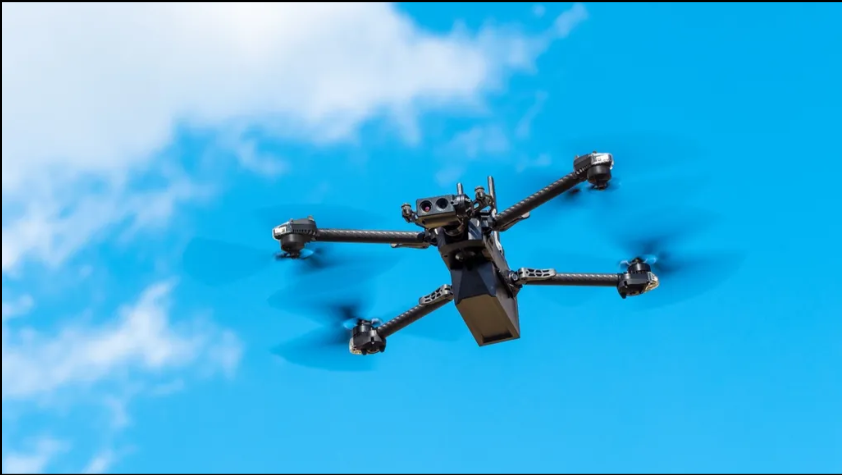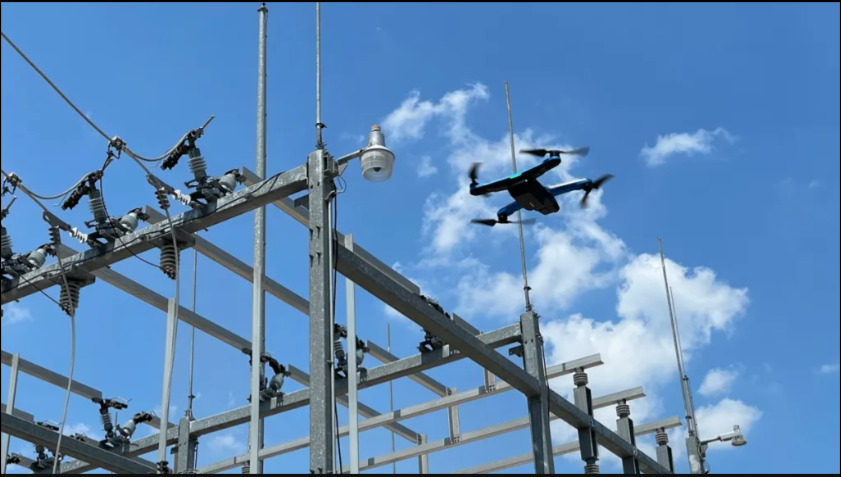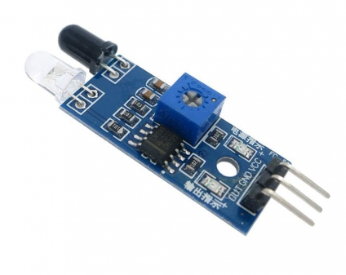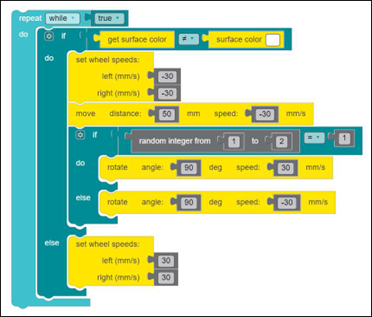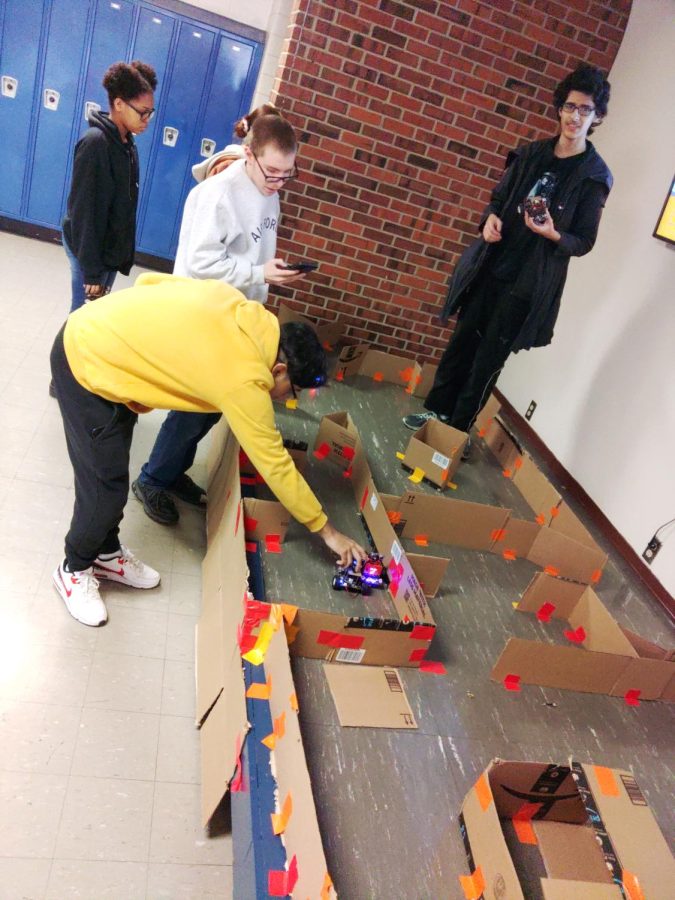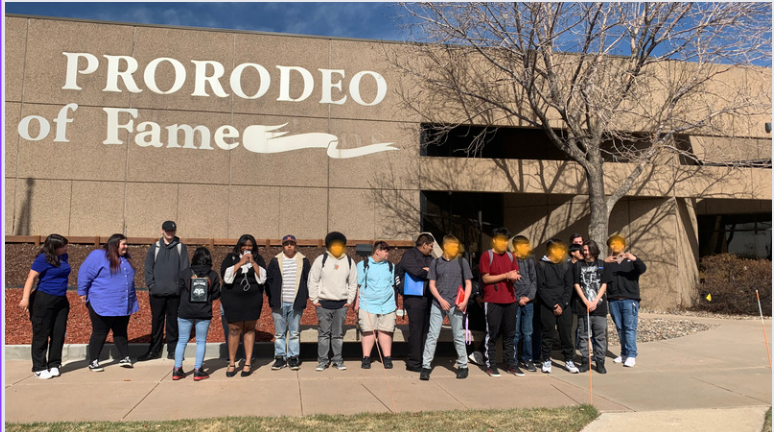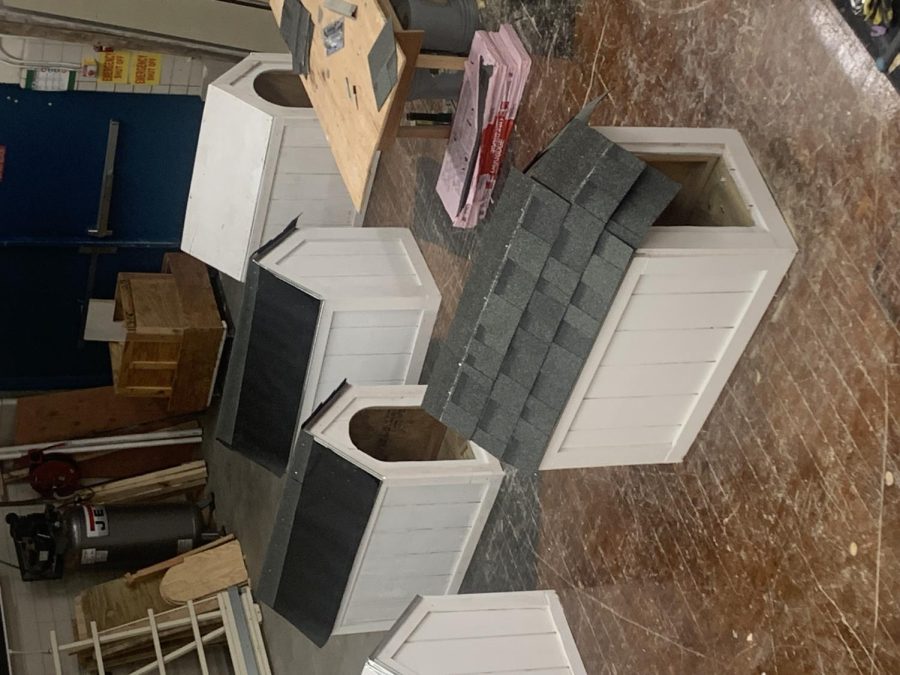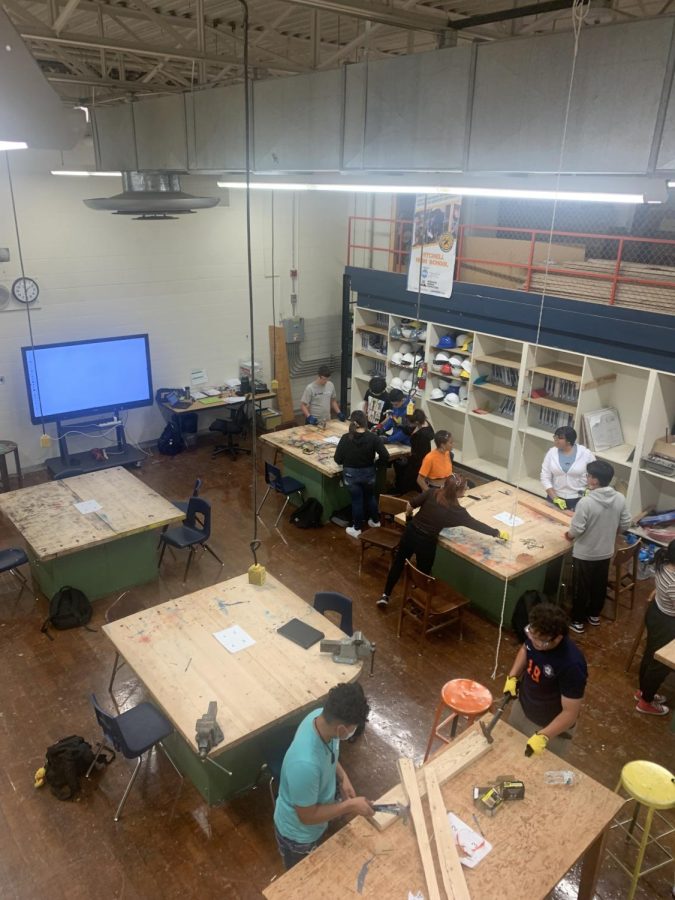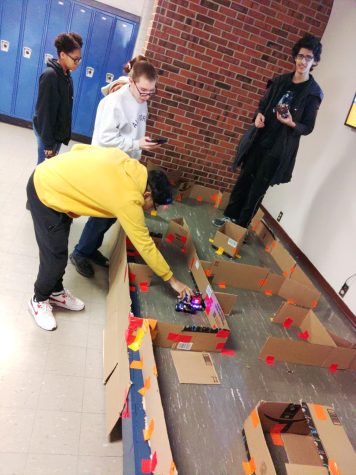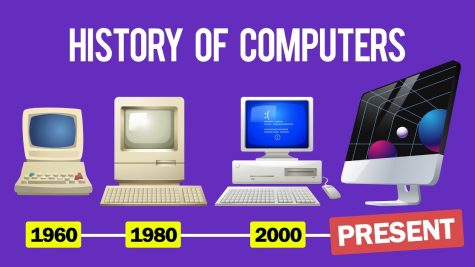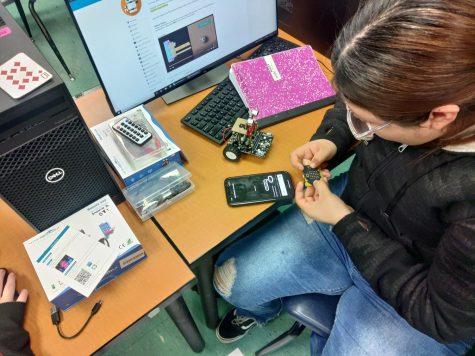Key Parts of a Computer – CSF1
February 16, 2023
What is hardware and software?
It’s the different types of systems of a computer like cpu, memory , motherboard, hard drive, also power supply. Those are the 5 main key parts of a computer. Here is how the computer parts work: the motherboard is the main where everything is connected and it brings everything together, The memory is also called ram and rom, the cpu is like the brain, ram is the short term memory, and hard drive is the long term memory. Those are the factors. The computer works just like your body, you might think how? Those 5 parts I just named work just the same like the brain, spine, heart, stomach and also cooling glands. You have to take care of a computer you can’t leave it in cold weather or hot things will start to happen cleaning the computer could help if the computer stops working at some point.
How is it going to help you or others in school and out?
If you go to school and have computer science you’re also going to think like how boring i’m not going to this class ill rather fail then go because i also said the same but if you think about it it’s not so bad you learn so much about a computer not just how to turn it off and on. You learn what’s inside of the computer, how the different cords of a computer work or when you send an email it doesn’t just go straight to the person it travels to a whole new place in just seconds then you get your message. Taking care of your computer is just so important. If you go to work you are most likely dealing with technology and if it stops working you will know why or how and you could see if it’s fixable instead of wasting money on new technology. I recommend this class to get to know the computer more and know the difference with software and hardware.
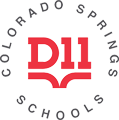 School District 11 is committed to a policy of nondiscrimination in relation to disability, need for special education services (whether actual or perceived), race, creed, color, sex, marital status, sexual orientation, transgender status, gender identity, gender expression, national origin, religion, ancestry, age, genetic information, or protected activity. Any harassment/discrimination of students and/or staff, based on the protected areas, will not be tolerated and must be brought to the immediate attention of the D11 nondiscrimination compliance/grievance coordinator.
School District 11 is committed to a policy of nondiscrimination in relation to disability, need for special education services (whether actual or perceived), race, creed, color, sex, marital status, sexual orientation, transgender status, gender identity, gender expression, national origin, religion, ancestry, age, genetic information, or protected activity. Any harassment/discrimination of students and/or staff, based on the protected areas, will not be tolerated and must be brought to the immediate attention of the D11 nondiscrimination compliance/grievance coordinator.
NONDISCRIMINATION COMPLIANCE COORDINATOR Katherine Ritchie Rapp, Equal Opportunity Programs and Ombudservices 711 East San Rafael Street, Colorado Springs, CO 80903-2599
E-MAIL: [email protected] Phone: 520-2271, FAX: 520-2442


